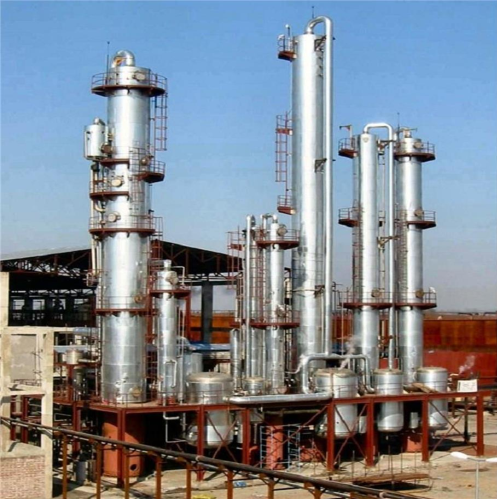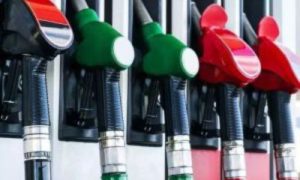India needs FAME III incentives for EV transition, says big auto

India’s sustainable transition needs continued government support, said auto industry experts at a panel discussion on sustainable mobility at the Global Investors Meet on Sunday. While the FAME-II subsidies are all set to run out this year, industry needs continued support, said top auto bosses.
Currently one in four vehicles sold globally is electric but in India the adoption is less than 2% for passenger vehicles, less than 5% for two-wheelers and around 15% for three-wheelers, said Satyakam Arya, MD&CEO, Daimler India Commercial Vehicles.
India, he said, needs a lot of support and incentives from the government to make the sustainable transition happen. “The FAME scheme will end in March 2024 but we are not over the trough in terms of EV adoption,” he said.
“India is in an evolutionary stage (in sustainable mobility) but with government support we can localise in a big way just like we did with the internal combustion vehicles,” said Kamal Bali, chairman CII southern region.
While big auto rooted for government support, EV entrepreneurs asked for a shift in policy. Hema Annamalai, founder of Ampere which is now a Greaves Cotton subsidiary, said that while there should be a FAME III, it should come with a shift. “FAME III should push significant localisation and the policy should not help large players only but small and medium ones too as EV is an entrepreneurial industry,” she said. The trick, she said, is to think of e-two wheelers as a commodity and not over-engineer the product. A lightweight electric cycle with sodium ion battery can work if there is a CMVR modification to push low speed vehicles for the masses, she said.
The trick though is to make sure Indian manufacturing gets the scale and tech strength in EV parts that it has acquired in auto components. Vikram Gulati, country head, Toyota Kirloskar Motor, said, “We did it with ICE but EV parts have a long way to go. We need to create our own solutions for the global south.”
India’s transition to sustainable mobility will also need multiple fuel options including electric vehicles, hybrids and ethanol blended fuel even as the EV eco system localises critical parts. Gulati said that Indian EV companies “need to localise EV powertrain, which along with setting up charging infrastructure will be critical”. With India’s passenger vehicle market set to go from just over 4 million in the current fiscal to 7-8 million by 2030, even the ambitious target of 30% electric vehicles will add nearly 5 million petrol or diesel passenger vehicles to Indian roads, he said. “So even at that point, 87%-95% of the vehicles on the road will be petrol or diesel,” he added. India, he said, needs to shift to sustainability quickly and at scale for which it needs hybrids and ethanol-blended fuel. “We have just hit 12% ethanol mix and it has already saved 5,000 million litres of fossil fuel worth `25,000 crore.















